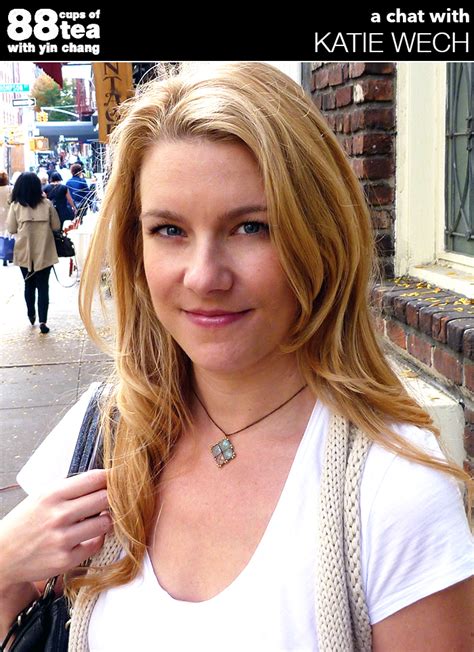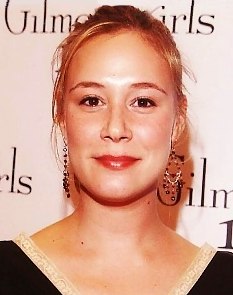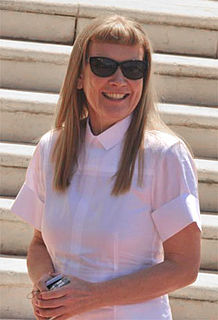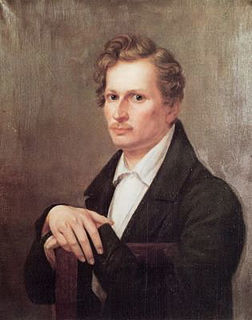A Quote by Abi Morgan
'Tender' is my most strongly autobiographical play.
Quote Topics
Related Quotes
The intellectual's ... playfulness, in its various manifestations, is likely to seem to most men a perverse luxury; in the United States the play of the mind is perhaps the only form of play that is not looked upon with the most tender indulgence. His piety is likely to seem nettlesome, if not actually dangerous. And neither quality is considered to contribute very much to the practical business of life.
The fire you rubbed left its brand on the most vulnerable, most vicious and tender point of my body. Now I have to pay for your rasping the red rash too strongly, too soon, as charred wood has to pay for burning. When I remain without your caresses, I lose all control of my nerves, nothing exists any more than the ecstasy of friction, the abiding effect of your sting, of your delicious poison.
Like most filmmakers and writers, there are roots in my own life, but they are stories that I invent. There was a period of time in my life when I made directly autobiographical films where I truly told what happened to me. But, now, I don't make directly autobiographical films anymore. I am more for renouncing that and being in front of history. The large part of my work tells about something I know. It's close.
Reviewers try to square the antics of a writer's life with the antics in the fiction. Even satirical verbal play is too often read and admired as autobiographical expression. And thanks to the democratic exposures of the web, it's easier than ever to document private experiences and divulge the most intimate secrets.






































